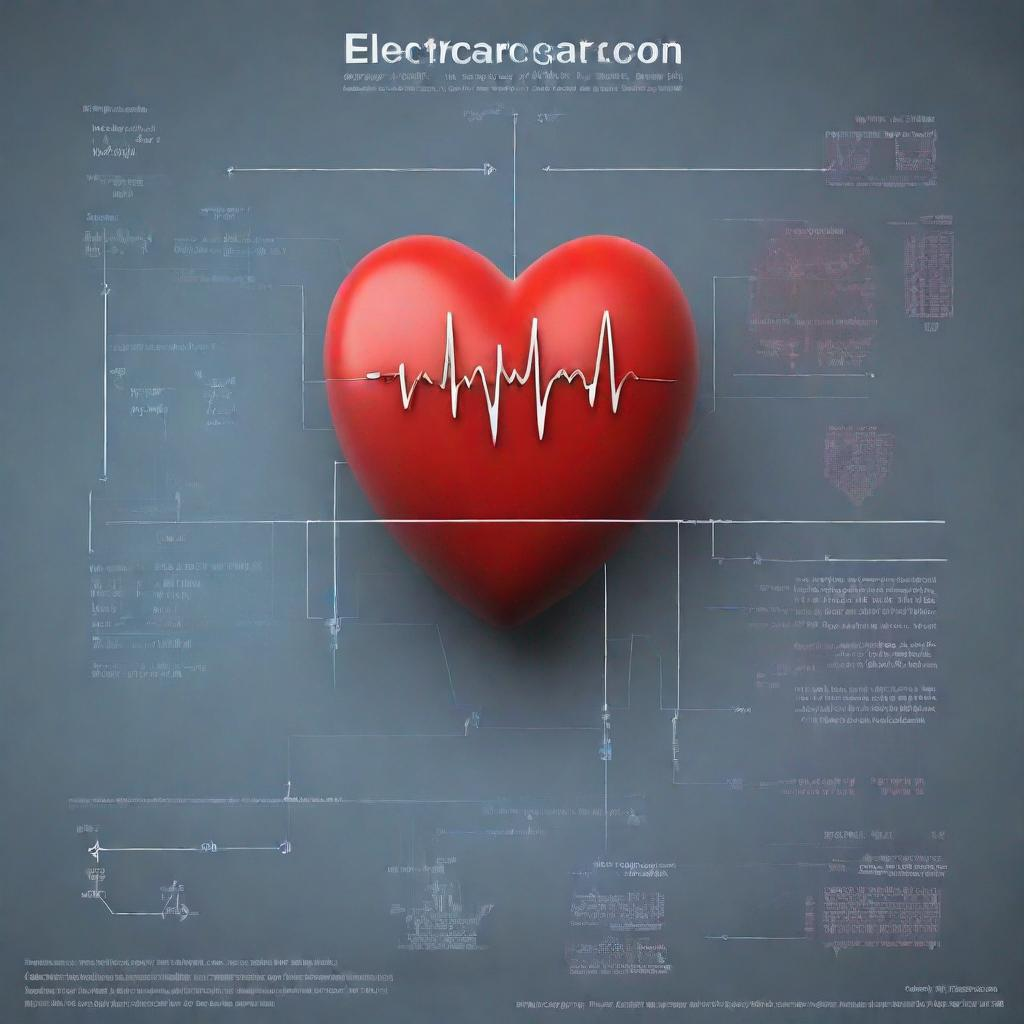Bilirubin Test: A Comprehensive Guide
Introduction
The bilirubin test is a vital tool in medical diagnostics, providing insights into the health of the liver and gallbladder. Bilirubin, a yellow-orange pigment, is produced when red blood cells break down. Normally, it’s processed by the liver and excreted in the bile, aiding digestion and waste removal. Deviations in bilirubin levels can indicate underlying health conditions.
Test Overview
The bilirubin test measures bilirubin concentration in the blood. It includes three types:
* Total Bilirubin: Measures the total amount.
* Direct Bilirubin: Measures the liver-processed amount.
* Indirect Bilirubin: Measures the unprocessed amount.
Elevated levels indicate:
* Liver diseases (hepatitis, cirrhosis)
* Gallbladder diseases (gallstones, cholecystitis)
* Hemolytic anemia (excessive red blood cell destruction)
* Jaundice (yellowing of the skin and eyes)
Preparation
No special preparation is required. Inform your healthcare provider about medications or supplements, as some may affect the results.
Procedure
The test involves a blood draw from a vein in the arm. It’s quick and painless.
Duration and Waiting Time
Results typically take less than 24 hours to process and a few days to receive.
Additional Tests
For a comprehensive picture, your doctor may order:
* Liver function tests (LFTs) to assess liver function
* Imaging tests (ultrasound or CT scan) to provide detailed liver and gallbladder images
Conclusion
The bilirubin test is essential for diagnosing and monitoring liver and gallbladder conditions. Following preparation guidelines and providing accurate information is crucial. Understanding the test’s importance empowers informed healthcare decisions.




